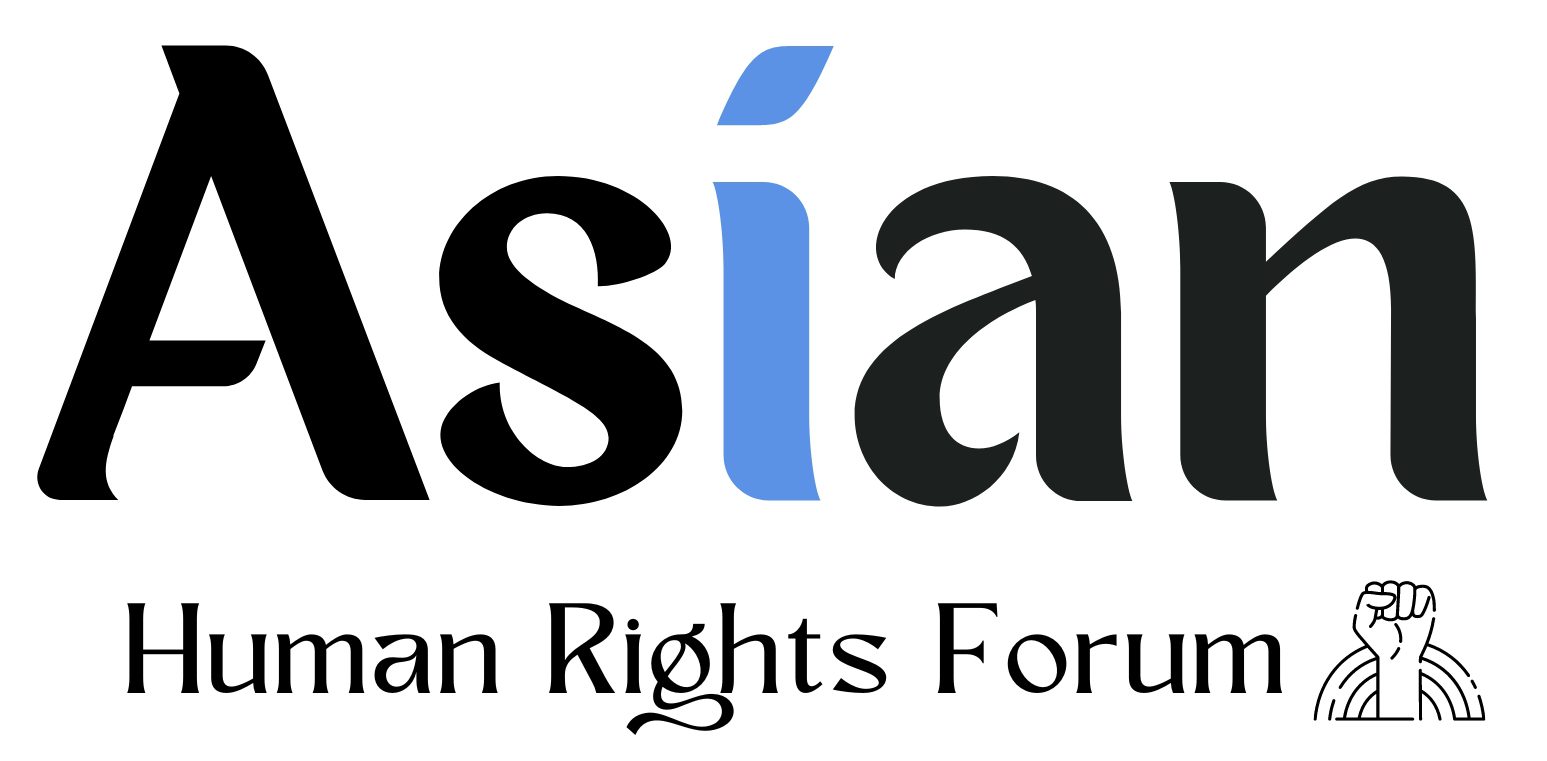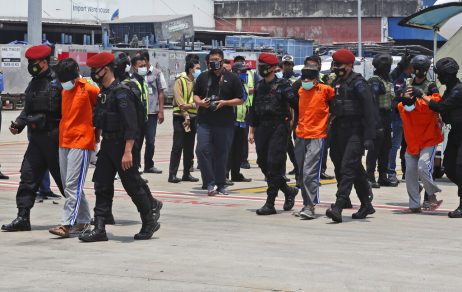
USA State Department country report on PAKISTAN
Overview: Pakistan took steps in 2021 to counter terror financing and to restrain some India-focused militant groups. Pakistan reviewed and revised its 2015 National Action Plan (NAP) to counter terrorism, reducing the NAP from a 20-point plan to 14 key points, but made meager progress on the most difficult aspects — specifically its pledge to dismantle all terrorist organizations without delay or discrimination.
In September, Pakistan prosecuted Jaish-e-Mohammed (JeM) founder Masood Azhar and JeM leader Abdul Rauf Azhar on terrorism-related charges. In 2018, FATF identified Pakistan as a jurisdiction with strategic deficiencies in its AML/CFT system. Pakistan remained on the FATF gray list in 2021.
Pakistan experienced significant terrorist activity in 2021. The number of attacks and casualties was higher than in 2020. Major terrorist groups that focused on conducting attacks in Pakistan included TTP, the Balochistan Liberation Army (BLA), and ISIS-K. Separatist militant groups conducted terrorist attacks against varied targets in Balochistan and Sindh provinces. Terrorists used a range of tactics to attack varied targets, including IEDs, VBIEDs, suicide bombings, and targeted assassinations.
In 2018, Pakistan was designated a Country of Particular Concern (CPC) under the International Religious Freedom Act of 1998. It was redesignated a CPC in 2019, 2020, and 2021.
2021 Terrorist Incidents: Pakistan experienced numerous terrorist attacks in 2021. Members of religious minorities faced significant threats from terrorist groups. The following examples are some of the more-destructive and higher-profile attacks and demonstrate a variety of methods, targets, and perpetrators:
• On January 3, ISIS-K militants claimed responsibility for the murders of 11 Shia Hazara coalminers in the Kachi district of Balochistan.
• On April 21, five persons were killed in a VBIED suicide attack in the parking lot of the Serena hotel in Quetta, Balochistan. According to details of the investigation, the attack targeted local and foreign officials. TTP claimed responsibility for the attack, also claiming the targets were police and law enforcement.
• On July 14, a VBIED suicide attack killed 10 People’s Republic of China workers, an additional civilian, and two Frontier Corps soldiers near the Dasu dam in Upper Kohistan district, Khyber Pakhtunkhwa province. The blast hit a bus that was transporting People’s Republic of China workers to the construction site. Pakistani officials reported the blast as a suicide attack perpetrated by the TTP, which the group denied.
• On October 10, a prominent journalist was killed in an explosion in Hub, Balochistan. According to law enforcement, the bomb was attached to his vehicle. The BLA claimed responsibility for the attack.
• On December 30, attackers ambushed security officials in North Waziristan. Four security personnel were killed in the ensuing exchange of fire. TTP claimed responsibility for the attack.
Legislation, Law Enforcement, and Border Security: The Pakistani government continued to implement the Antiterrorism Act of 1997, the National Counterterrorism Authority Act, the 2014 Investigation for Fair Trial Act, and major 2014 and 2020 amendments to the Antiterrorism Act, all of which give law enforcement, prosecutors, and courts enhanced powers in terrorism cases.
Military, paramilitary, and civilian security forces conducted CT operations throughout Pakistan against anti-state militants. Pakistani law allows for preventive detention, permits the death penalty for terrorism offenses, and creates specialized courts to try terrorism cases.
Pakistan collects biometric information at land crossings through its International Border Management Security System. Authorities had limited ability to detect smuggling by air
travel. The Customs Service attempted to enforce anti-money laundering laws and foreign exchange regulations at all major airports, in coordination with other agencies. Customs managed the entry of dual-use chemicals for legitimate purposes through end-use verification, while also attempting to prevent their diversion for use in IEDs.
Consistent with UNSCR 2178, returning FTFs may be prosecuted under Pakistani law.
Countering the Financing of Terrorism: Pakistan is a member of the Asia/Pacific Group on Money Laundering. Pakistan continued to face significant money-laundering and terrorist financing risks. Several terrorist organizations, including UN-listed groups, operated in Pakistan, raising funds through a variety of means including direct support, public fundraising, abuse of non-profit organizations, and through criminal activities. Funds were moved through formal and informal (hawala/hundi) channels. Pakistan’s geographic landscape and porous borders increase its vulnerability to terrorist financing and heighten Pakistan’s risks.
In 2018, FATF identified Pakistan as a jurisdiction with strategic deficiencies in its AML/CFT regime and placed the country on the FATF gray list. Though Pakistan has made significant progress in addressing noted FATF deficiencies from its 2018 action plan, FATF maintained Pakistan’s position on the gray list owing to one remaining item associated with the investigation and prosecution of terrorist financiers.
Countering Violent Extremism: The government operated deradicalization camps offering “corrective religious education,” vocational training, counseling, and therapy. A Pakistani NGO administered the juvenile-focused Sabaoon Rehabilitation Center in Swat Valley, which it founded in partnership with the Pakistani military. Additional deradicalization centers are operated in Khyber Pakhtunkwha.
Some madrassas continued to teach extremist doctrine. While the government continued efforts to increase madrassa regulation, some analysts and madrassa reform proponents observed that many madrassas failed to register with the government, provide documentation of their sources of funding, or comply with laws governing acceptance of foreign students.
The Pakistani cities of Nowshera, Peshawar, and Quetta are members of the Strong Cities Network.
International and Regional Cooperation: Pakistan took part in several multilateral fora where CT cooperation was discussed, including the Global Counterterrorism Forum, the Heart of Asia- Istanbul Process, the ASEAN Regional Forum, and the South Asian Association for Regional Cooperation.





